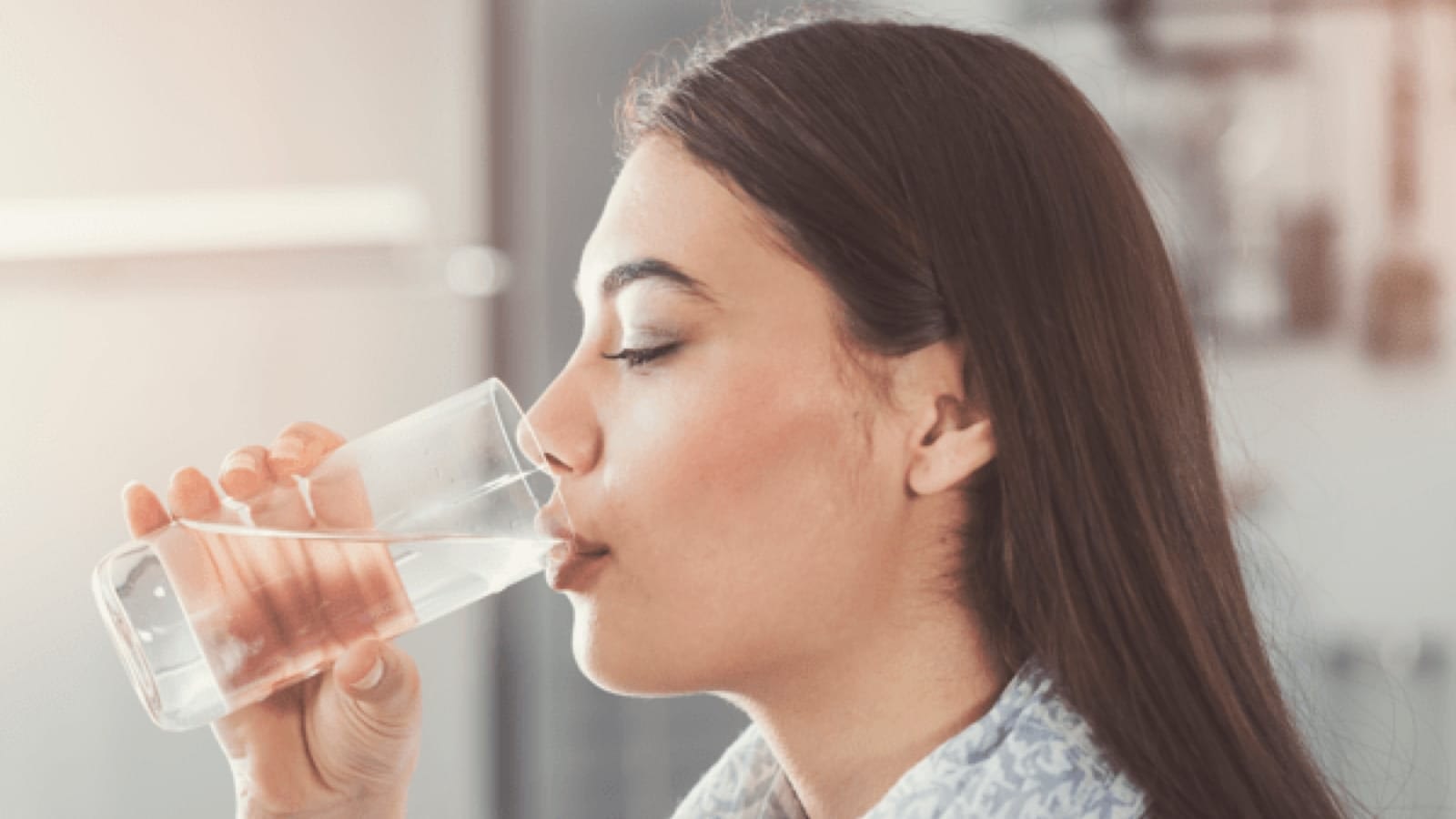As stated by Medical Daily, 75 percent of people in the U.S. today may suffer from chronic dehydration, and most Americans consume far below the recommended amount of water. Look for the following signs of dehydration to find out if you are drinking enough water:
- You feel thirsty
- Your skin is dry
- Your urine is dark
- You have bad breath
- You suffer frequent headaches
- Your mood and alertness are not what they should be
- You crave sugar
- Your sleep is disturbed
Why Is It Important To Drink Enough Water?
Our bodies are 60 percent water, and we need plenty of water to properly digest and absorb nutrients and vitamins. Water is important to digestion, removing waste, and detoxifying the liver and kidneys. If you are getting enough water, your urine should be light and straw colored.
Failure to drink enough water can contribute to a variety of health issues over time, including:
- Fatigue
- Joint pain
- Headaches
- Weight gain
- Ulcers
- High blood pressure
- Kidney disease
Unfortunately, many of the fluids Americans drink can actually contribute to dehydration. Caffeinated, diuretic beverages such as coffee, tea, and sodas are no substitute for water and can exacerbate the problem.
How Much Water Should You Drink?
Every day, we lose water through breath, perspiration, urine, and stool. To function optimally, we need to replenish the body’s water supply by consuming foods and beverages that contain water, along with water itself. As stated by the Mayo Clinic, the average healthy adult living in a temperate climate needs daily approximately:
- 15.5 cups of fluids (men)
- 11.5 cups of fluids (women)
These numbers include fluids from water, beverages, and food. Approximately 20 percent of our fluid intake usually comes from food, and the remaining 80 percent comes from water and beverages. The standard advice that you should drink eight glasses of water a day is fairly close to the mark, although some people may require fewer than eight glasses and others may require more. Healthy people can usually stay hydrated by drinking water and non-diuretic beverages whenever they feel thirsty.
How To Consume More Water
Drinking water is your best bet for hydration. It is inexpensive, readily available, and has zero calories. In addition, other beverages such as milk, juice, and herbal teas contain mostly water. Also, you don’t need to rely entirely on beverages for hydration. Many fruits and vegetables, such as watermelon and spinach, are close to 100 percent water by weight.
How To Stay Hydrated
If you are rarely thirsty and your urine is light yellow or colorless, your intake of fluids is probably adequate. To stay hydrated and ensure your body has the fluids it needs to function properly, Mayo Clinic recommends that you:
- Drink a glass of water (or low-calorie beverage) with each meal and between meals.
- Drink water if you feel hungry (thirst can be mistaken for hunger).
- Drink water before, during, and after exercise.
Hydration & Overall Health
Along with a healthy diet and exercise, drinking plenty of water can help you maintain or improve your overall health. Another important factor is getting the right healthcare when you need it. To help ensure access to the services you need, meet with our friendly agent to review your health insurance coverage.
Article originally posted on www.insuranceneighbor.com(opens in new tab)

